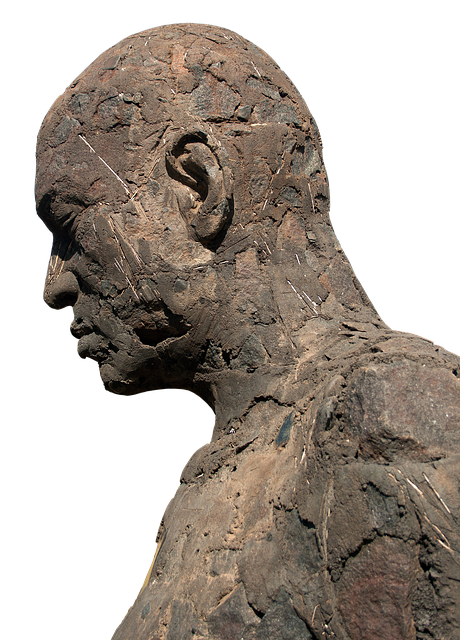Our statement on male identity
In our name and in our communications we use the words male, males, men and boys to refer to the survivors we are focused on supporting, but we acknowledge gender identity can be fluid for some individuals. For us, male as a definition can include cisgender (cis), transgender (trans), and non-binary identities, individuals and communities.
We set no standards for what it means to identify or describe oneself as male, either now or in the past, either publicly or privately. Our goal in naming ourselves the Males Survivors Partnership and talking about males is to promote male-inclusive services, support and understanding, so anyone who might benefit from our activities may do so.
This ambition is reflected in the terms of reference under which member organisations join our network. These terms say we do not accept, “partners, organisations or individuals who discriminate against survivors by virtue of their gender identity, sexual orientation or other identifying feature or who purport to provide services for those who identify as male yet fail to meet required standards”.
We hope this statement is helpful to victims and survivors and to those who work to support them. If you would like to tell us how you think we could improve it please email [email protected].
